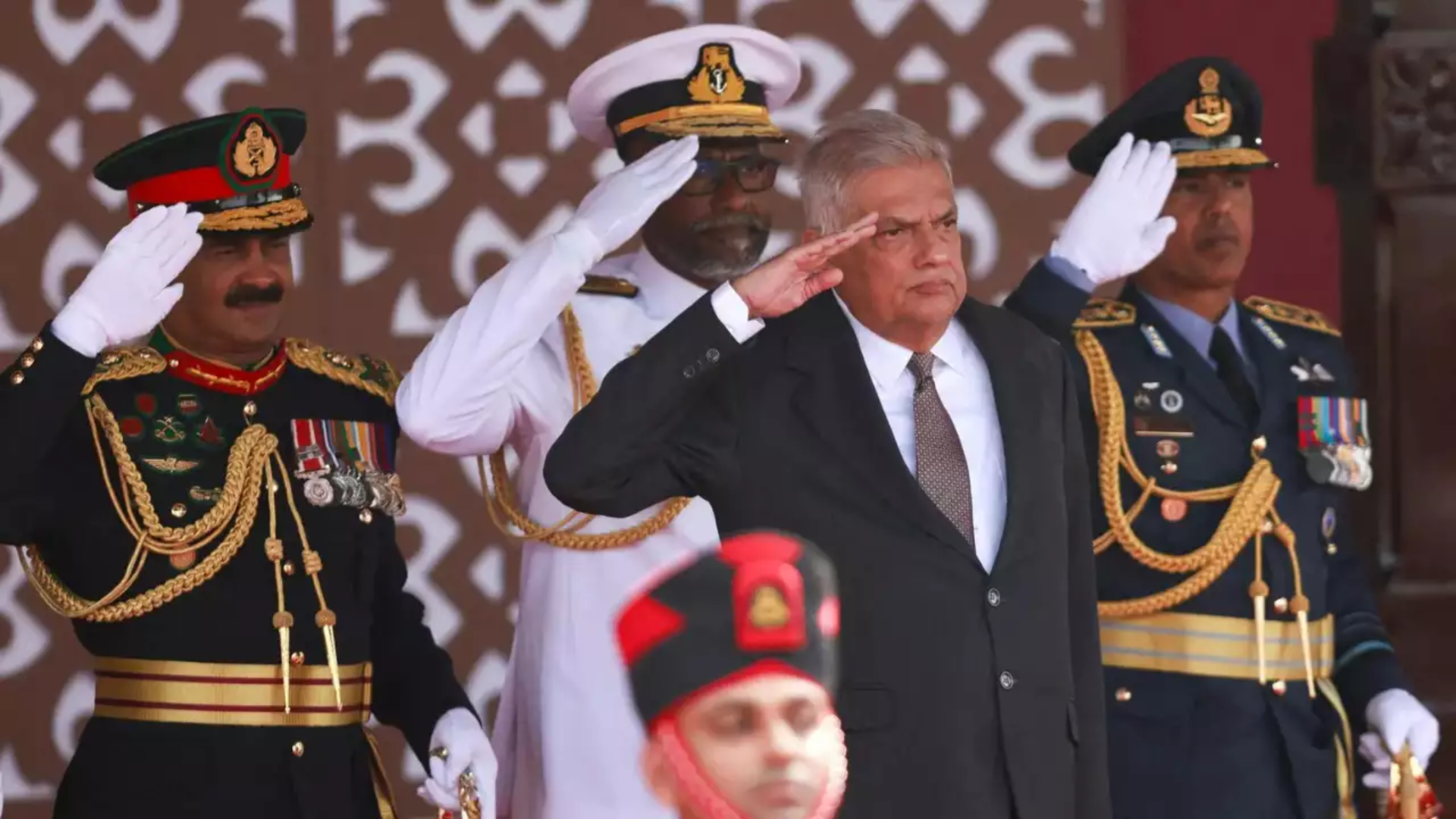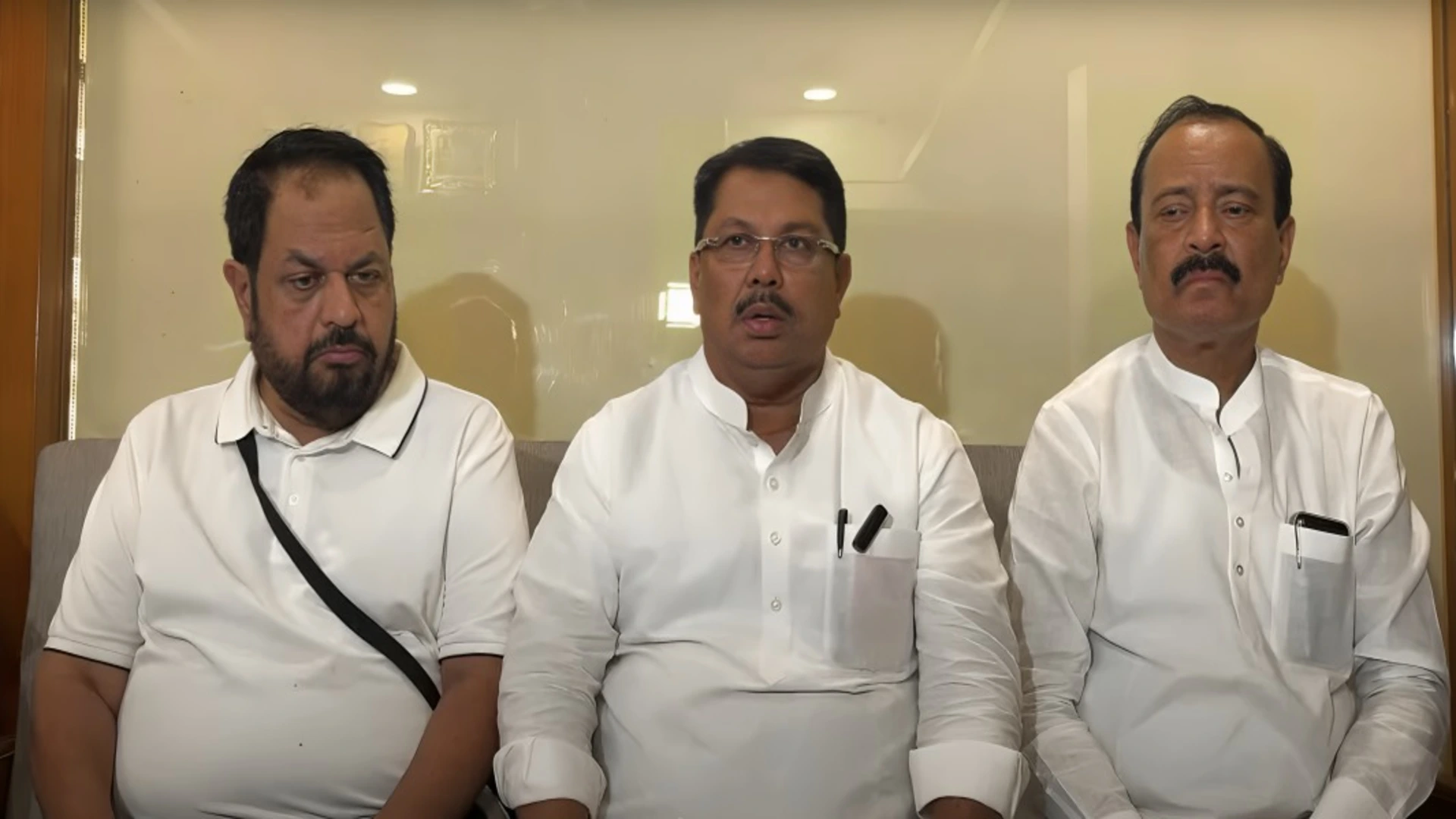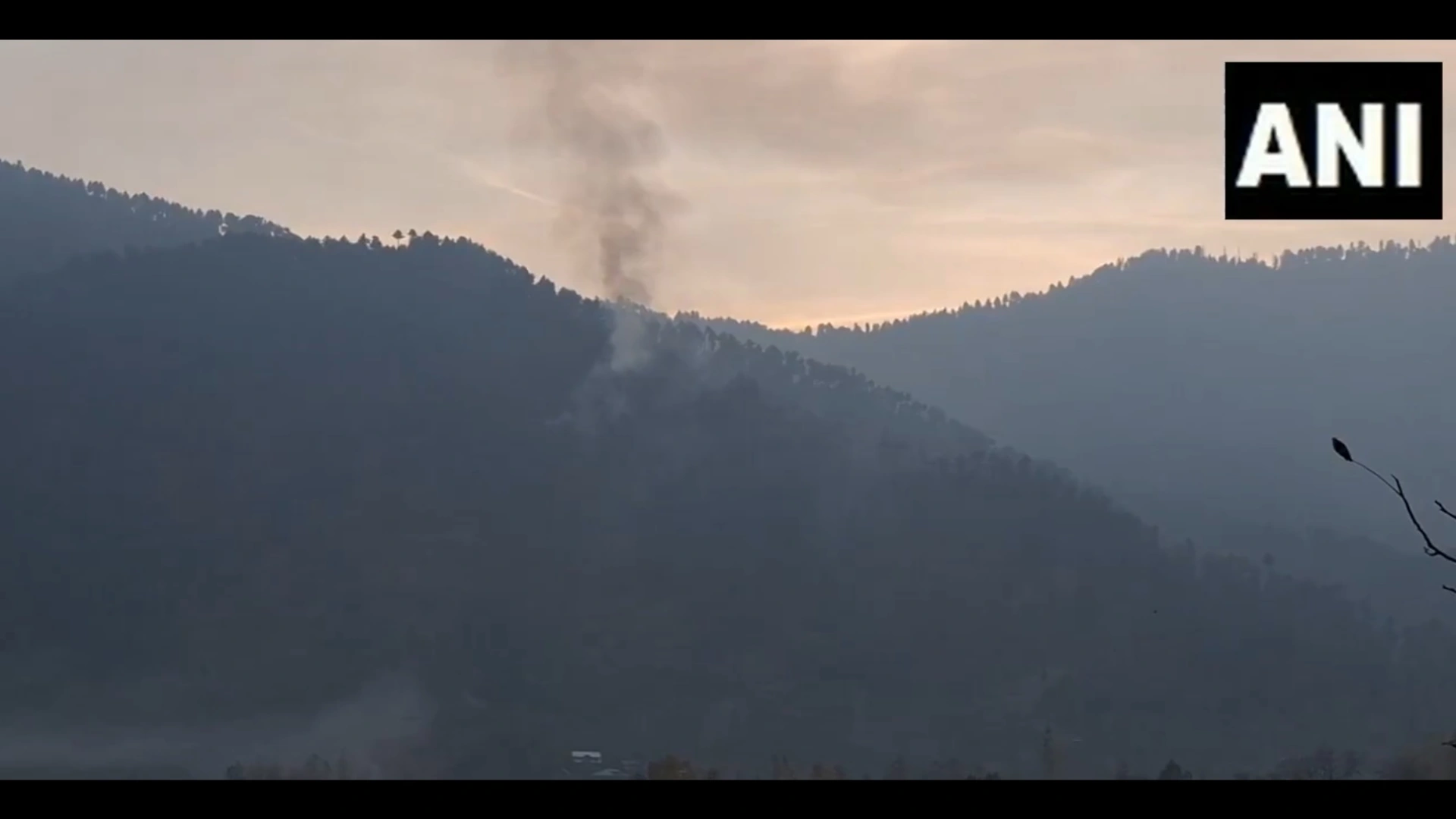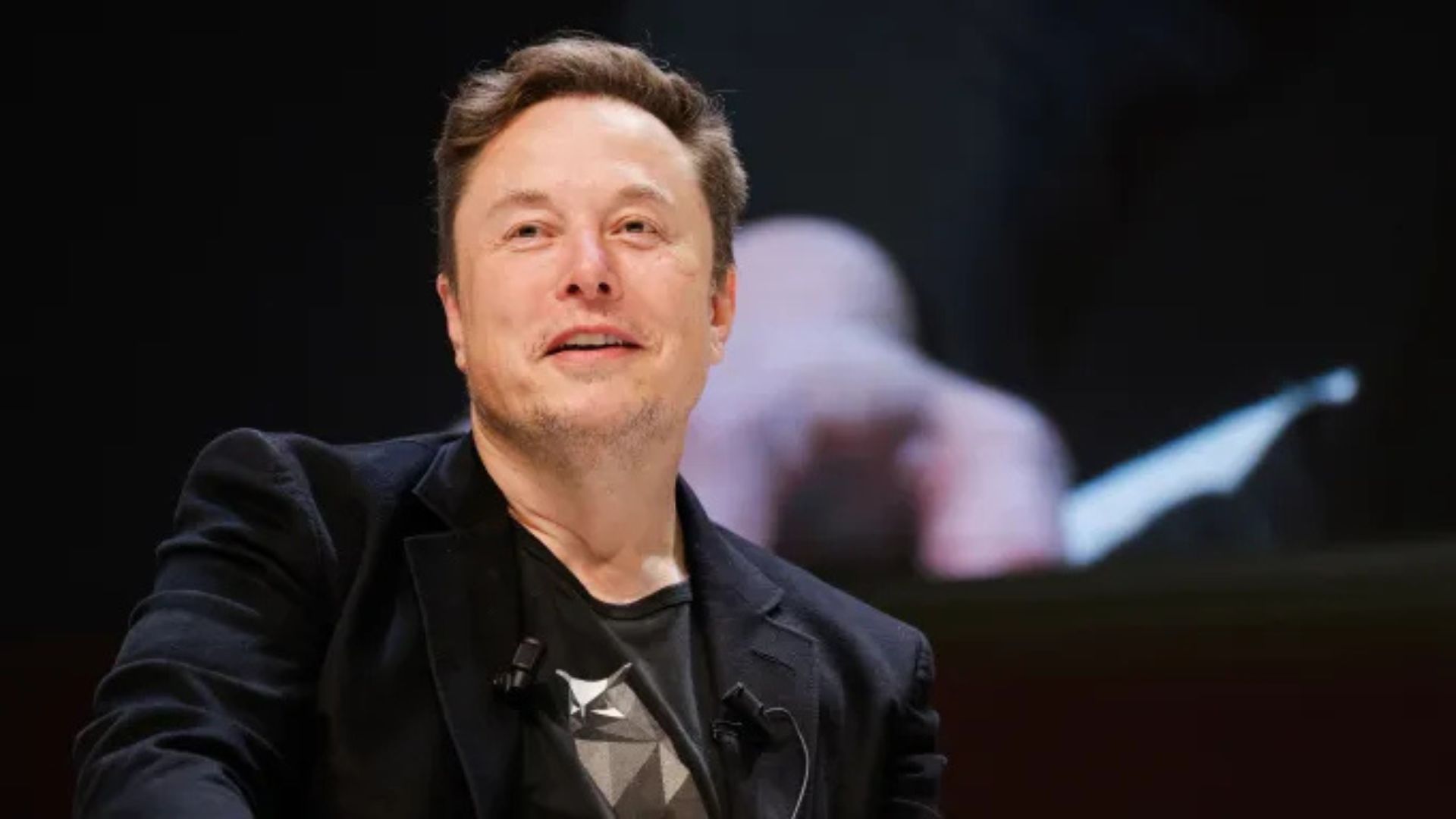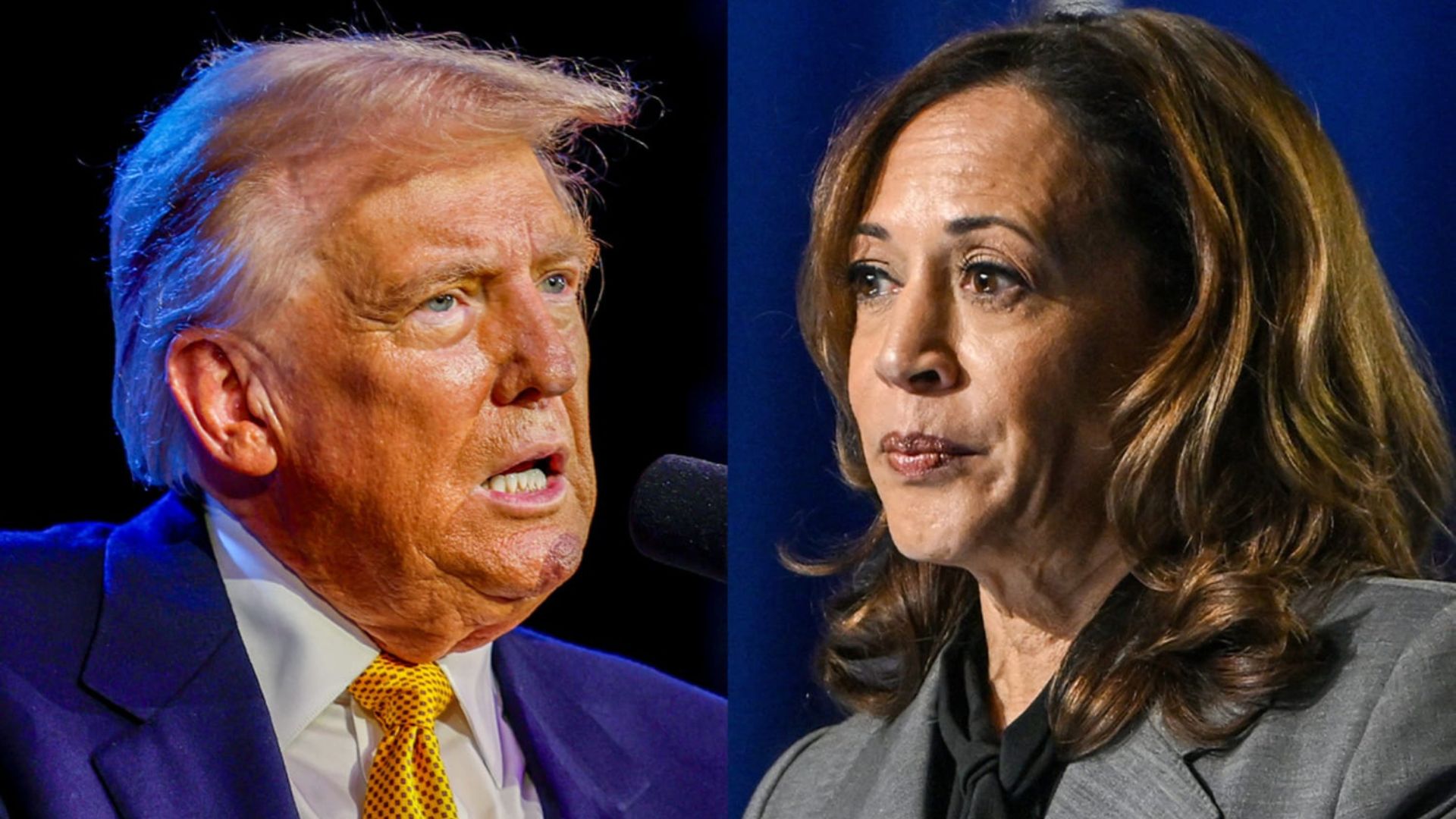Sri Lanka is set to hold its first presidential election since the onset of its severe economic crisis, with voting scheduled for September 21. The Sri Lanka presidential election is not just a significant political event but a crucial moment for the nation’s recovery and future stability.
The crisis, which began in 2019, has deeply affected Sri Lanka’s economy and its people, making this election a critical test of faith in the current administration’s ability to restore stability. As the nation approaches the polls, approximately 17 million eligible voters will determine whether to continue the reforms under the current leadership or pursue a new direction.
Why This Election Matters?
Sri Lanka’s economic downturn, described as the worst since its independence in 1948, has led to skyrocketing inflation, depleted foreign reserves, and widespread shortages of essential goods. This crisis was triggered by a mix of poor policy decisions, including sweeping tax cuts and a shift to organic farming, exacerbated by external shocks like the COVID-19 pandemic and the 2019 Easter bombings. These factors combined to create severe economic turmoil and political instability.
The upcoming election will be pivotal in deciding not only the country’s political future but also its economic trajectory. Bhavani Fonseka, a senior researcher at the Centre for Policy Alternatives in Colombo, emphasized the importance of this election for democracy, stating, “Having a free and fair election is essential.”
Origins Of The Crisis
The roots of Sri Lanka’s economic crisis lie in a series of missteps and external shocks. Significant tax cuts in 2019 depleted government funds, coinciding with the global economic impact of COVID-19. A policy shift to organic farming led to reduced agricultural output, worsening the situation. Additionally, the 2019 Easter bombings severely impacted tourism, a key revenue source. By 2022, Sri Lanka defaulted on its debt obligations, declaring bankruptcy and suspending repayments on approximately $83 billion in loans, leading to a dire foreign exchange crisis.
The crisis resulted in shortages of essential goods, extended power outages, and public outcry, culminating in mass protests that forced President Gotabaya Rajapaksa to resign in July 2022. Ranil Wickremesinghe was elected by Parliament to complete Rajapaksa’s term.
Changes Under Wickremesinghe
Since Wickremesinghe’s appointment, Sri Lanka has made strides in stabilizing its economy with a $2.9 billion bailout from the International Monetary Fund (IMF). Inflation has dropped significantly from a peak of 70% in September 2022 to 1.7% by June 2023. The Sri Lankan rupee has strengthened, and foreign exchange reserves have been replenished. The economy is projected to grow by 3% in 2024 after contracting in previous years. Sri Lanka also secured a $10 billion debt restructuring deal, allowing it to defer payments and ease financial pressures.
Despite these improvements, the IMF-required measures, including higher taxes and increased electricity bills, have been unpopular. This has led to significant public dissatisfaction, with a quarter of the population now living in poverty.
Key Players In The Election
Incumbent President Ranil Wickremesinghe is expected to seek re-election, facing competition from opposition leader Sajith Premadasa and Anura Kumara Dissanayake of the Marxist-leaning Janatha Vimukthi Peramuna (JVP). Both opposition figures have proposed revising the IMF program to address living costs and debt burdens.
The Sri Lanka presidential election will test its democratic institutions, with the independent election commission ensuring a fair process. As the country continues its fragile recovery, the outcome of this election will be closely watched by both domestic and international observers.
